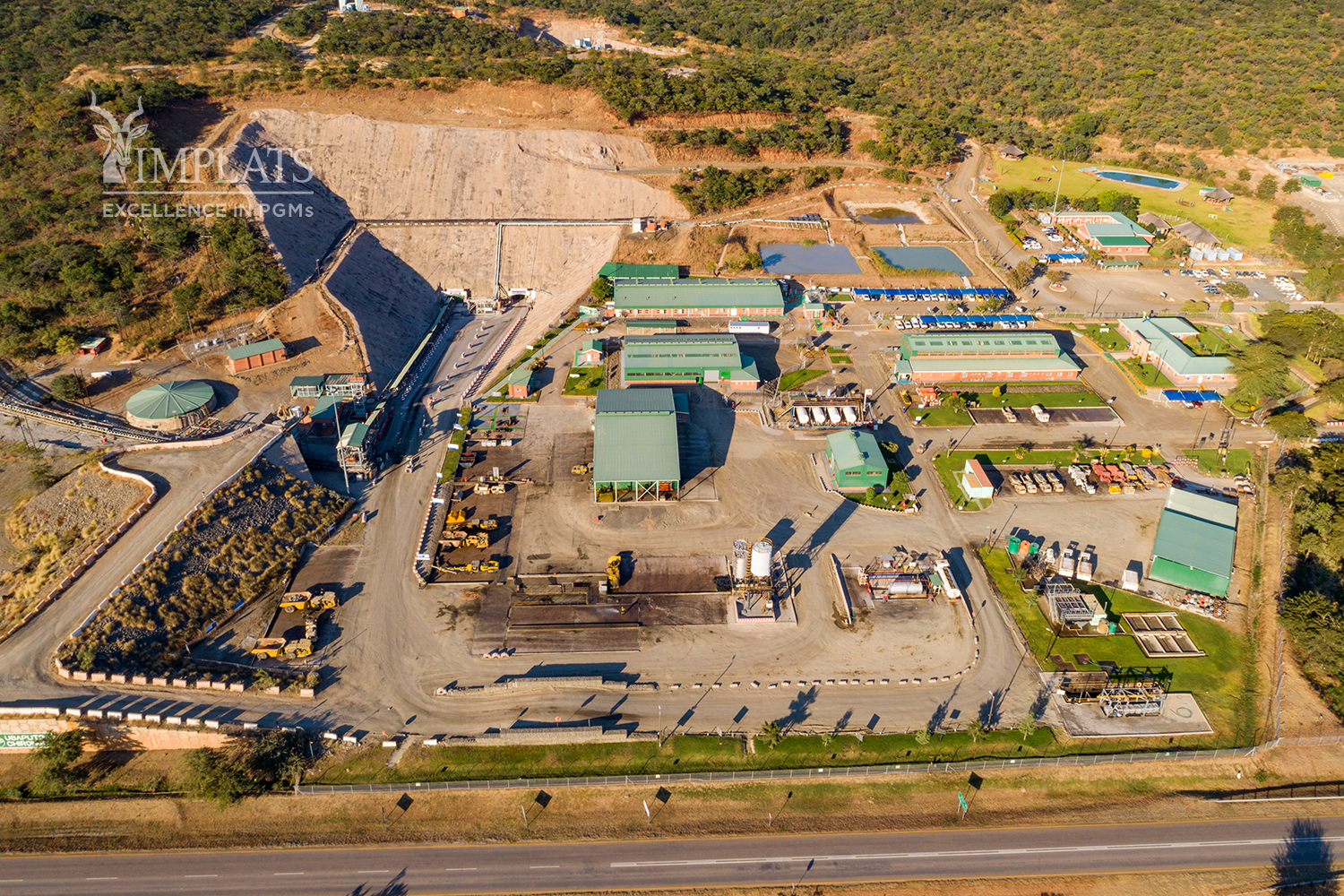
PLATINUM giant Zimplats says the current cost-cutting initiatives aim to lessen the effect of budget cuts on its growth strategy, which includes a US$1,8 billion expansion programme.
The company on Tuesday initiated a voluntary layoff exercise for all employees to keep the company afloat in the low-price metal market.
Platinum group metals (PGM) metal prices have declined significantly and, in some cases, by more than 50%, threatening financial viability and sustainability of business operations for most PGM producers.
Under its US$1,8 billion capital expenditure investment, Zimplats’ strategy involves setting up integrated projects, including the development of new mines, expansion of the smelter, construction of an additional concentrator, base metal refinery, sulphuric acid plant and the setting up of a 110 megawatt solar power plant.
In a statement yesterday, the company’s head of corporate affairs Busi Chindove said they were implementing stringent cost preservation to protect the business from the enormous pressure on profitability and cash flow on operations.
“In response to the sharp decline in PGM pricing, Zimplats is implementing stringent cost preservation to: Protect the business from the enormous pressure on profitability and cash flow on our operations; safeguard the business; and to preserve, as much as possible, the jobs of more than 8 000 people employed by the company (both permanent and contract),” she said.
“Our team has sought to ensure that Zimplats retains production capacity and the integrity of our infrastructure, and that we remain socially and environmentally responsible and compliant.
“We also seek to minimise the impact of spending cuts on our growth strategy, which includes a US$1,8 billion expansion programme. The programme comprises several projects at various stages of execution.”
- Zim platinum H2 output remains stable
- Zimplats splurges US$270m on capital projects
- Nedbank Tour de Great Dyke targets international status
- Zimplats injects millions to prop up local firms
Keep Reading
Targeted interventions include operational efficiency improvements, operating cost rationalisation, capital prioritisation and labour cost optimisation.
Immediate focus is cost reduction, improved productivity and safe, consistent, and sustainable volumes.
“Our success through previous cycles, notably in 2008 and 2014, is testament to the flexibility and resilience of our people. We must leverage the hard work and investment that has taken place in the recent past to secure a better future for the Company and all its stakeholders,” she noted.
“We recognise that securing the business to sustain jobs is critical. Our employees are the foundation of our business-the hands through which value is created. Persistently low PGM pricing requires organisational restructuring to ensure business sustainability.”
Chindove said cost interventions must align to prevailing metal prices and deliver the company’s strategic objectives.
Regrettably, she noted, labour optimisation initiatives must be implemented urgently to secure the business and the bulk of jobs in the company.
“To this end, the latest offer for voluntary retrenchment is part of that response. We will ensure that the processes will be advanced with due care and sensitivity,” she said.
Chindove was positive that the long-term fundamentals of the PGM sector remain strong as the company pledged commitment to contributing to a sustainable future and competitiveness of the industry.
“Through our past and ongoing investments in growth and beneficiation, and in improving the lives of our mine-host communities, we have demonstrated our ability and dedication to responsibly doing the right thing for the long-term,” she added.











